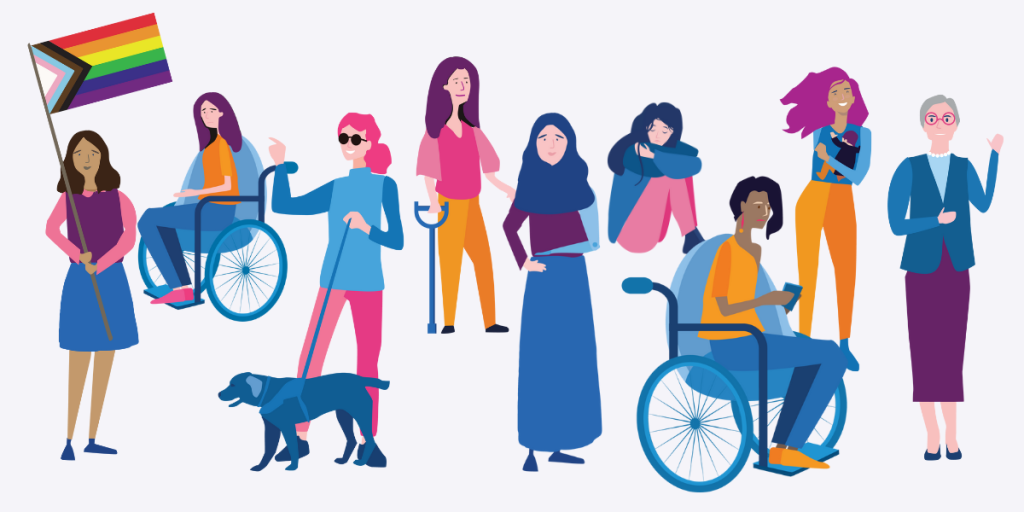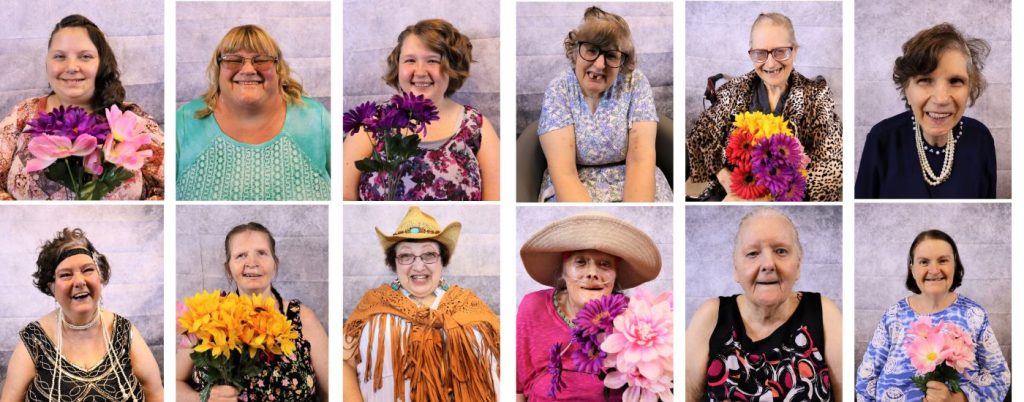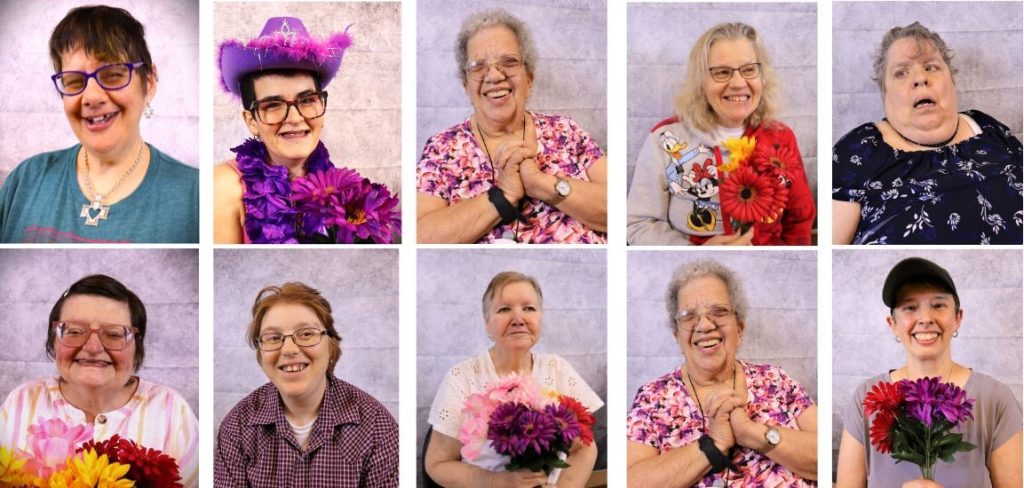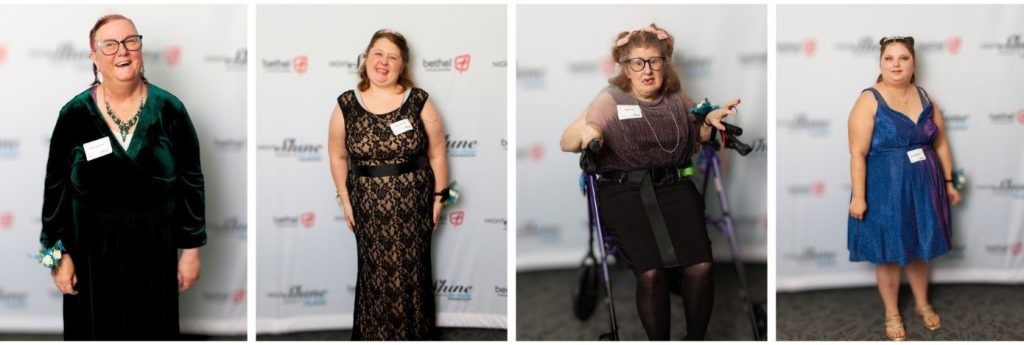
“It is estimated that one in five women live with a disability. [1]
“For example, the rate of females with disability in metropolitan counties is 52.2%. This means that of the people with disabilities living in the metropolitan counties, 52.2% (or 17,765,251) of them are female.” [2]
“Women with disabilities experience various types of impairments—including physical, psychosocial, intellectual, and sensory conditions—that may or may not come with functional limitations. In addition, the diversity of women with disabilities includes those with multiple and intersecting identities across all contexts, such as ethnic, religious, and racial backgrounds; their status as refugee, migrant, asylum-seeking, and internally displaced women; LGBTIQ+ identity; age; marital status; and living with or being affected by HIV.” [1]

“While women with disabilities experience the same obstacles as nondisabled women, they also encounter additional types of discrimination and environmental barriers that prevent their socio-economic participation.” [3]
“Women with disabilities may need specialty care to address their individual needs. In addition, they need the same general health care as women without disabilities, and they may also need additional care to address their specific needs. However, research has shown that many women with disabilities may not receive regular health screenings within recommended guidelines.” [4]

“Women with disabilities experience greater disparities in healthcare access compared to women without disabilities. Common barriers to accessing health care reported by women with disabilities include:
- Attitudes, stereotypes, and misperceptions about people with disabilities
- Lack of provider knowledge and skills and provider discomfort caring for persons with disabilities
- Physical access barriers, including barriers with health care equipment (such as lack of height-adjustable tables or wheelchair scales), difficulty with physical transfers, and access barriers to bathrooms, parking, and buildings (such as lack of high-contrast signs and lighting)
- Financial barriers such as inadequate health insurance
- Difficulty scheduling appointments and inadequate time allowed for appointments
- Inadequate communication with health care providers
- Inadequate health education materials for persons with visual or cognitive impairments
- Limited or costly specialized transportation options
- Limited access to health care facilities, such as living in a rural area” [5]

“Practical steps to ensure women and girls with disabilities are included
1. Ensure meaningful participation of women and girls with disabilities at every stage, from project design to evaluation.
2. Support women-focused organizations of persons with disabilities (OPDs), and women leaders in OPDs to advocate for the needs of women and girls with disabilities.
3. Collect quantitative and qualitative data about who is in your project population, and barriers to their participation – including those related to gender and disability.
4. Incorporate inclusive and accessible social and behavior change approaches into your work, to address stigma at community level and create supportive environments.
5. Anticipate, plan and address the heightened risks and vulnerabilities for women and girls with disabilities and identify inclusive and safe spaces to ensure safeguarding in development and humanitarian projects.” [6]

“Women with disabilities elicit greater support from the women’s rights movement for the issues they face – particularly those surrounding sexual and reproductive rights – than they do from the male-dominated disability rights movement.
But more needs to be done.
Opening up spaces in the women’s movement for women with disabilities is all well and good, but the mainstream and the marginalized must be fused to form a united women’s rights movement. There are several organizations focused on fighting for gender equality for women in the disabled community focused on eliminating discrimination within social and political issues. We have to become one to ensure no woman is left behind.” [7&8]

Resources
[1] https://www.unwomen.org/en/what-we-do/women-and-girls-with-disabilities
[4] https://www.cdc.gov/ncbddd/disabilityandhealth/women.html
[5] https://www.cdc.gov/healthequity/features/women-disabilities/index.html
[6] https://inclusivefutures.org/reaching-women-and-girls-with-disabilities/
